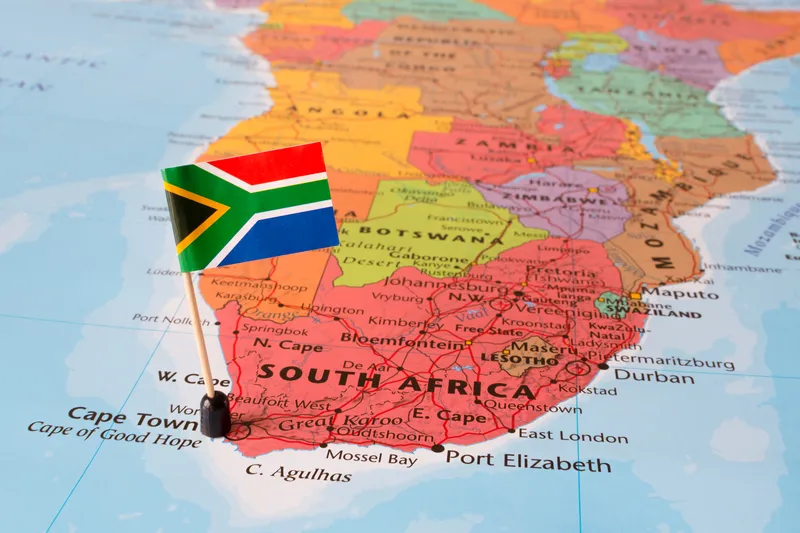A report by the Spanish Association of Turnpikes, Tunnels, Bridges and Other Toll Road Concessionaire Companies (Aseta) claims the installation of toll booths on motorways would yield the Spanish government a minimum of US$ 10.25billion annually. Those whom the vehicle is a work tool or who do not have an alternative transport method would qualify for a discount. The government is also considering not charging drivers who motorways at night. Furthermore, drivers of trucks weighing more than 3.5tonnes are ad
May 24, 2012
Read time: 2 mins
A report by the Spanish Association of Turnpikes, Tunnels, Bridges and Other Toll Road Concessionaire Companies (5726 Aseta) claims the installation of toll booths on motorways would yield the Spanish government a minimum of US$ 10.25billion annually.
Those whom the vehicle is a work tool or who do not have an alternative transport method would qualify for a discount. The government is also considering not charging drivers who motorways at night. Furthermore, drivers of trucks weighing more than 3.5tonnes are advised to adhere to the Eurovineta regulation, whereby they would pay an average of €0.129 per km. For the remaining travellers, the fee would range from €0.023 to €0.043 per km.
Aseta's report is based on a vehicle fleet with 31mn units, 8.7% of which are motorcycles, 16.4% of which are trucks and 71% of which are saloons. The government said the revenues generated by the motorway tolls would be used for maintenance purposes.
Members of Aseta include5729 Abertis, 2717 Ferrovial, 1377 Globalvia, 917 ACS, 980 OHL and 5728 Itinere.
Those whom the vehicle is a work tool or who do not have an alternative transport method would qualify for a discount. The government is also considering not charging drivers who motorways at night. Furthermore, drivers of trucks weighing more than 3.5tonnes are advised to adhere to the Eurovineta regulation, whereby they would pay an average of €0.129 per km. For the remaining travellers, the fee would range from €0.023 to €0.043 per km.
Aseta's report is based on a vehicle fleet with 31mn units, 8.7% of which are motorcycles, 16.4% of which are trucks and 71% of which are saloons. The government said the revenues generated by the motorway tolls would be used for maintenance purposes.
Members of Aseta include







